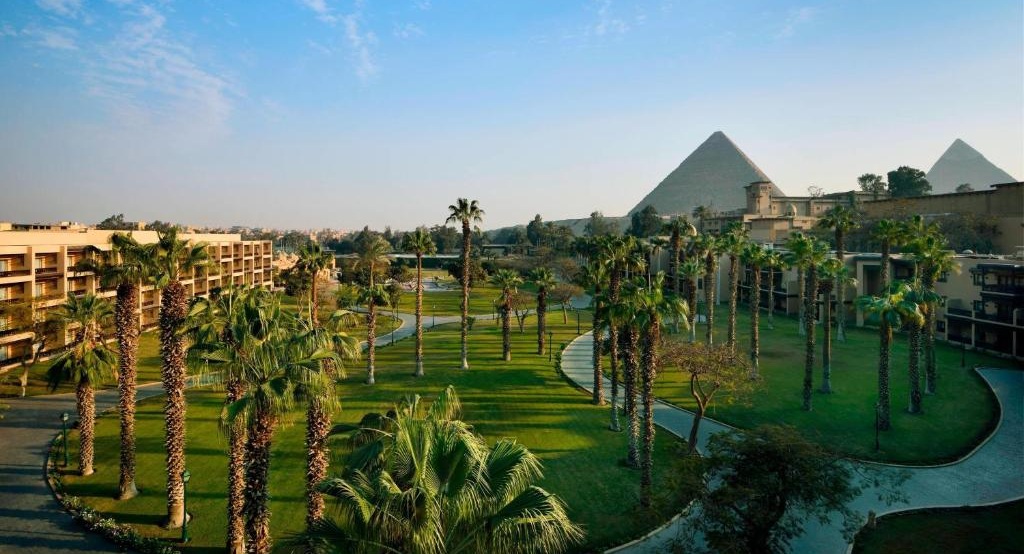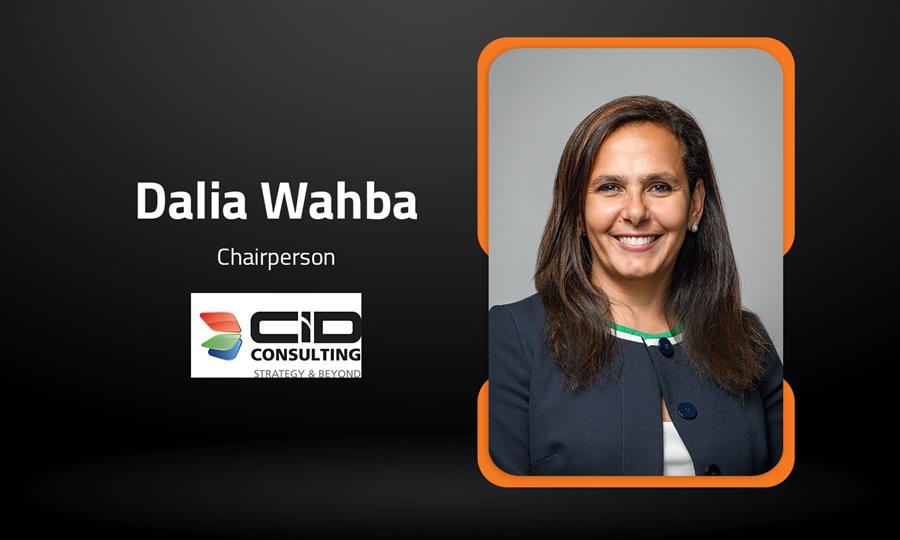Mansoura Poultry: An Inside Look at Egypt's Poultry Pioneer
Updated 2/18/2025 8:00:00 AM
Arab Finance: The poultry industry plays a crucial role in Egypt’s economy, contributing significantly to food security and employment. By 2028, the country’s poultry production is projected to reach approximately 1.9 million metric tons, as reported in the Egypt Poultry Outlook 2024 by Reportlinker.
Historically, the sector has shown resilience, with local production meeting domestic demands and even enabling exports after a hiatus of over 15 years.
One of the local poultry industry leaders is Mansoura Poultry Company (MPCO), known for its comprehensive approach to poultry farming and commitment to sustainability.
We had the opportunity to speak with Islam Mohammed Najib, Chairman of MPCO, to discuss the company’s contributions to the market and its strategies for navigating the evolving landscape of the Egyptian poultry sector.
1-Can you provide an overview of MPCO, including its history and core operations?
Established in 1983, Mansoura Poultry Company (MPCO) is a fully integrated poultry business, managing every stage of production, from hatching day-old chicks (a first in the Egyptian market) to delivering fresh and frozen chicken to supermarkets. This vertical integration streamlines operations and ensures consistent quality and pricing throughout the supply chain.
MPCO operates several facilities that support its comprehensive business model, including:
- Poultry Farms: The company manages extensive poultry farms that produce high-quality chickens.
- Veterinary Pharmacy: To ensure the health and well-being of the poultry, MPCO operates a veterinary pharmacy that provides necessary medical supplies and treatments.
- Feed Mills: The company produces its own animal feed, which is crucial for maintaining the nutritional standards of its poultry.
- Vegetable-Based Farms: These farms contribute to a diversified product line and support sustainable practices within the agricultural sector.
2-How has MPCO contributed to the Egyptian poultry market over the years?
Since its inception, MPCO has set industry benchmarks, notably establishing the market price for day-old chicks in Egypt.
By offering a full range of products, from day-old chicks to fully processed frozen chicken, MPCO helps bridge the gap between local production and imported products. This strategy supports the national economy by reducing reliance on imports and easing pressure on the Egyptian pound.
Moreover, the company’s operations support thousands of jobs within the poultry industry and related sectors, which further contributes to the Egyptian economy.
In 2023, MPCO achieved revenues of approximately EGP 497 million, reflecting a staggering growth rate of 247% compared to the previous year. This growth highlights the company's resilience and adaptability to market demands.
With chicken remaining a staple protein source in Egyptian diets due to its affordability compared to red meat, MPCO's role in ensuring food security is vital.
3-The industry is highly sensitive to fluctuations in currency and imported inputs. How do you manage these challenges?
More than 60% of our industry inputs are imported and priced in US dollars. Consequently, any devaluation of the local currency impacts production costs.
To mitigate this impact, we adjust MPCO’s prices in line with inflation and the USD/EGP exchange rate changes.
Additionally, we have proactively expanded our raw materials storage to maintain a strategic inventory for at least three months, ensuring supply chain stability even during volatile periods.
4-Environmental sustainability is critical today. What initiatives has MPCO undertaken in this regard?
MPCO is deeply committed to environmental stewardship, implementing a range of initiatives designed to foster sustainability and reduce waste. One of our hallmark practices is recycling chicken waste into high-quality fertilizer.
This not only reduces the amount of waste produced but also contributes to a circular economy by providing a valuable resource for local agriculture.
By transforming waste into fertilizer, MPCO supports soil health and enhances agricultural productivity in surrounding communities.
In addition to waste recycling, MPCO has prioritized water management as a key aspect of its sustainability efforts. The company has implemented water recycling systems that significantly reduce water consumption in its operations.
These initiatives reduce environmental impact and contribute to a circular economy within our operations.
5-Could you elaborate on the recent capital increase and its strategic significance for MPCO?
Our recent capital increase, equivalent to approximately 28% of our retained profits, served a dual purpose: as a non-cash dividend for our shareholders and as a booster to the company’s overall performance.
Essentially, we are reinvesting our financial resources to maximize outcomes and ensure continued growth and competitiveness.
6-Looking ahead, what are your expectations for the poultry market and MPCO’s growth?
We foresee a significant increase in poultry consumption over the next five years. Poultry is an affordable source of animal protein when compared with red meat, which positions it favorably as consumer demand grows.
To meet this demand, we plan to more than double our production capacity. We are also expanding internationally, having secured a strategic partner in Abu Dhabi, the UAE, as our first step toward global growth.
7-How does MPCO continue to support the local market while pursuing global expansion?
Our commitment to the local market remains steadfast. By continuously upgrading our production capacity through farm acquisitions and in-house manufacturing, we ensure local supply stability and reduce import dependency.
This approach backs the Egyptian economy while laying a strong foundation for our future expansion into GCC markets and beyond.
We remain dedicated to innovation, sustainability, and excellence in serving both local and global markets.
Related News









